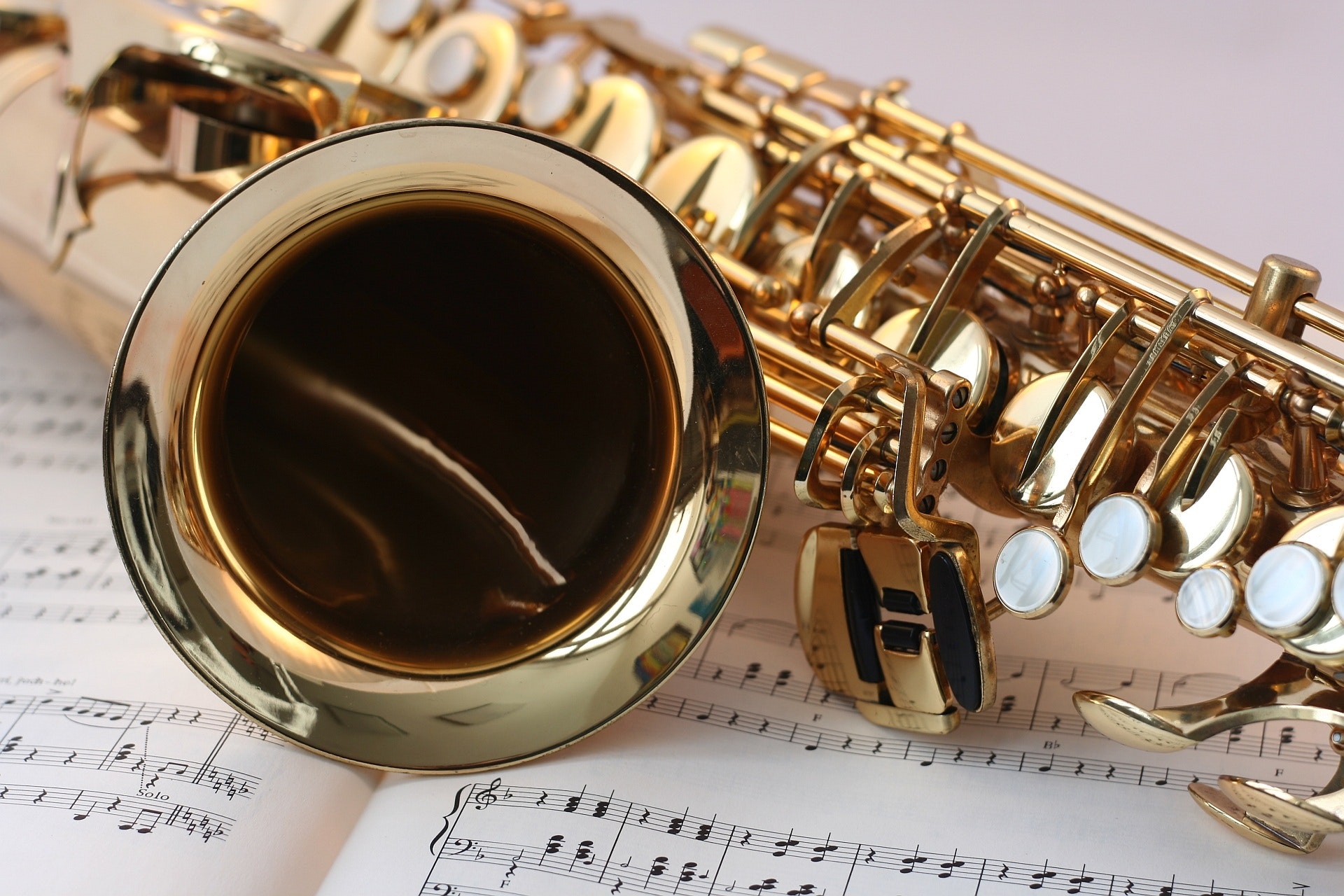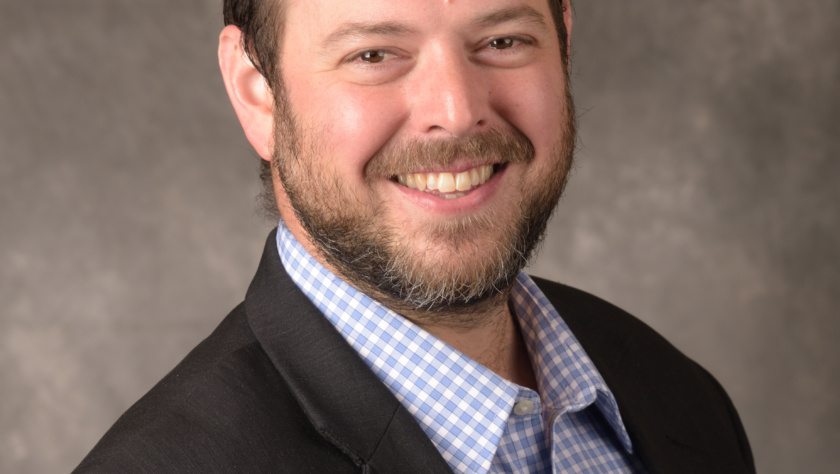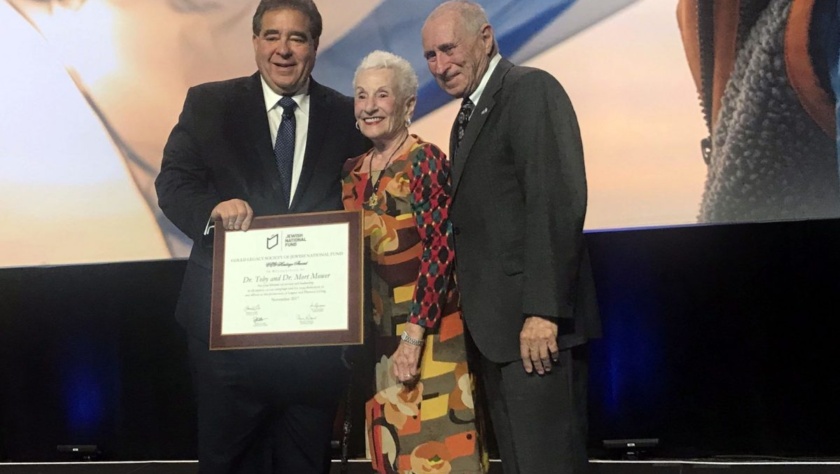As reported in the Baltimore Jewish Times, Baltimore will be getting a new music venue specially dedicated to Jewish music performances, courtesy of Moses Montefiore Anshe Emunah Hebrew Congregation.
“There is [an] active culture and scene of Jewish music, but I’ve never heard of a venue that specializes in hosting and promoting Jewish music,” Rabbi Yerachmiel Shapiro said. “Typically, concerts are at synagogues, social halls or rented spaces.”
Shapiro said that the idea for the venue is to give musicians who play Jewish music or Jewish cultural music a place where they can come to “plug in.”
“It’s really something new and different,” Shapiro said. “I mean, there are a lot of very talented Jewish music musicians, but there doesn’t seem to be a strong culture in terms of touring, and the kinds of things that you see in the secular world, or even the religious Christian music world. Because there’s no guaranteed place where they’ll be able to play.
“So if every city had a Jewish music venue, New York, Boston, Miami, Chicago, then artists could come in from Israel and go on tour,” Shapiro continued. “And it could be something that unites the Jewish community.”
The idea for the music venue came to Shapiro when Molly Katz came to his office looking to leave a gift to MMAE in honor and memory of her brother Harry and mother Rose, who had both been long-standing members of the synagogue. Shapiro pitched her several ideas on how her donation could be used, and she became enthusiastic at the suggestion of the music venue. He added that MMAE’s board is also excited about the project.
Ever since Shapiro started at MMAE 12 years ago, the shul has had multiple concerts every year, “bringing the biggest names in Jewish music to Baltimore,” he said. But it’s always been difficult to do, he continued, as the synagogue has lacked the right equipment or venue to host the performances, usually holding them in their sanctuary or social hall.
MMAE currently has a large, unfinished space on its premises that previously has been used as a Hebrew school, or a place for children to have fun during synagogue, with pool tables, air hockey and ping pong tables, Shapiro explained. Calling it an “underutilized space” that hasn’t been updated since the 1950s, the plan is to take the facility, which will be called the Harry and Rose Katz Jewish Music Theater, and add new renovations like venue lighting, a stage, standing room for dancing toward the back and an open area for a bar. He expects it to have a seating capacity of around 300, centered around small tables, and should have the feel of a jazz or music lounge.
Shapiro imagines the new theater could welcome groups playing klezmer, neo-Hasidic and more mainstream Jewish music, and he would be excited to see groups like Moshav and singers like Shlomo Katz perform there. In addition to using it as a music venue, Shapiro suggested that the new space might also be used for art shows or Jewish theatrical productions. Once completed, he hopes to use the space at least once a month.
Currently, the architect rendering has been completed, Shapiro said, though the physical renovations have not yet begun. He was not able to say when it would be ready for attendees.
While he isn’t certain if it’s attainable, Shapiro’s dream is to have “attendance by donation” for the performances, regardless of membership to the shul.
The venue is intended for post-pandemic life, Shapiro said, and so is not being designed with an eye towards “thinking about what this would look like in a world of ongoing COVID,” aside from how attendees will be in small groups around tables.
Shapiro said he sees a strong connection between music and Judaism.
“If you look back at the Temple, there was a constant flow of music,” Shapiro said. “And in Judaism, spirituality and closeness with God go hand in hand with music. So it’s time to have Jewish music reach a new level of power and relevance, and I hope to contribute to that. I hope that this venue will contribute to that.”
This article originally appeared in the Baltimore Jewish Times.



